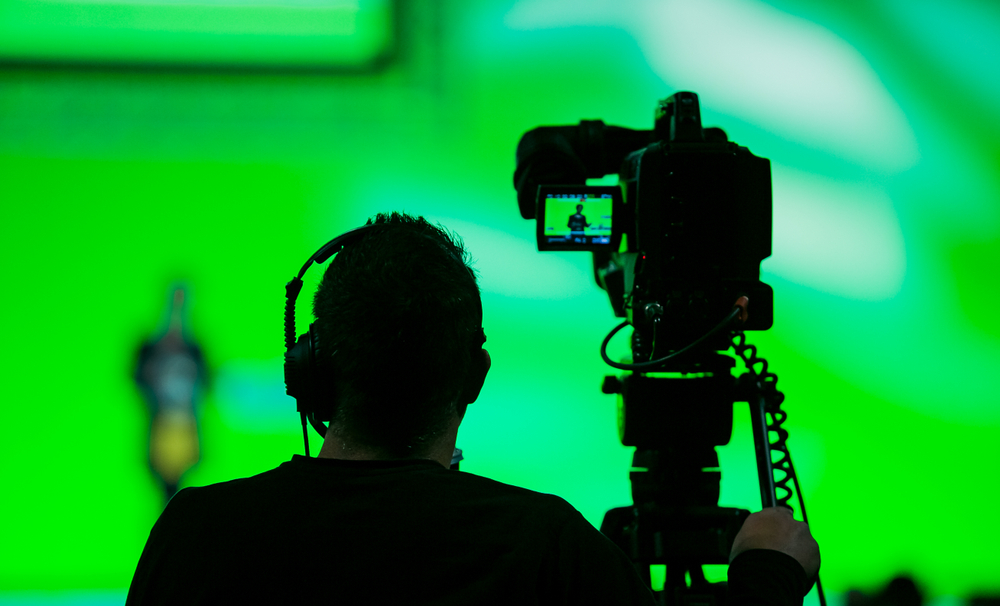Can a Video Will Replace a Written Will in Florida?
In Florida, a video will may speak from the heart, but only a written will speaks to the law.
-Ernesto Martinez, Jr.
In today’s digital world, it’s easy to assume that video recordings might replace traditional legal documents. After all, technology has transformed how we handle finances, sign contracts, and even conduct business remotely. But when it comes to wills and estate planning in Florida, the law remains firmly rooted in tradition. So, can a video will override a written will? The answer is simple: No.
In Florida, the law requires wills to meet specific criteria to be valid, as outlined in Florida Statutes § 732.502. A legal will must be in writing, signed by the person making the will (the testator), and witnessed by two individuals who are physically present at the same time. Additionally, a notary public can add another layer of authentication, though notarization isn’t required for a will to be valid.
Movies like Brewster’s Millions have popularized the idea of video wills. However, no matter how convincing a video message might be, Florida courts won’t recognize it as legally binding. You can record a video to explain your intentions or offer personal messages to your family, but without a properly executed written will, your wishes won’t hold up in court.
That said, technology is slowly making its way into the estate planning process. Remote Online Notarization (RON) is becoming more common, particularly in real estate transactions. With RON, individuals can sign legal documents from anywhere in the world—even while vacationing in Bali—so long as they meet Florida’s legal requirements and use authorized platforms.
However, most estate planning attorneys, including myself, still recommend a traditional approach to signing wills. In-person notarization with two witnesses in the same room helps prevent fraud and ensures that everyone involved understands the document’s significance. This method leaves less room for disputes and legal challenges in the future.
Some clients choose to videotape the signing of their will as extra evidence of their intentions and mental capacity at the time of execution. While this video can offer additional clarity, it doesn’t replace the formal written will itself. The written document remains the primary legal instrument, and Florida courts won’t consider a video as a valid substitute.
A common misconception is that informal notes or letters can serve as valid wills. This misunderstanding often comes from dramatizations in movies or TV shows. In reality, Florida law does not recognize handwritten notes (unless they meet the legal requirements for a formal will) as valid instructions for distributing an estate.
As legal expert Justice Sandra Day O’Connor once said, “The courts of this country should not be the places where the resolution of disputes begins. They should be the places where the disputes end after alternative methods of resolving disputes have been considered and tried.” This is why following proper legal procedures for creating a will is essential—it minimizes the risk of legal disputes later.
The takeaway is clear: a valid written will remains the only legally recognized way to distribute your assets in Florida. Video recordings, while meaningful, are not legally binding and cannot override a properly executed will.
If you’re unsure about your estate plan or want to ensure your wishes are legally protected, contact Probate Counsel today. With over 32 years of experience in estate planning, Ernesto Martinez Jr. can help you create a legally binding will that reflects your intentions. Call us at 305-446-0702 for a consultation.




